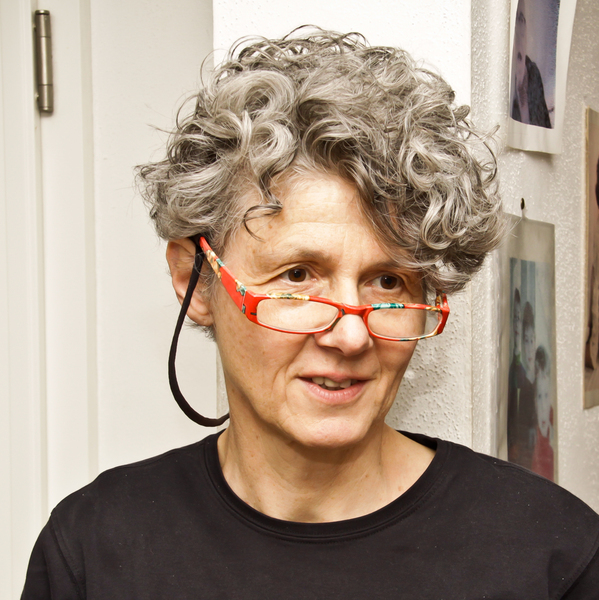Linguist Irene Heim, professor emerita in MIT’s Department of Linguistics and Philosophy, has been named a co-recipient of the 2024 Rolf Schock Prize in Logic and Philosophy.
Heim shares the award with Hans Kamp, a professor of formal logics and philosophy of language at the University of Stuttgart in Germany. Heim and Kamp are being recognized for their independent work on the “conception and early development of dynamic semantics for natural language.”
The Schock Prize in Logic and Philosophy, sometimes referred to as the Nobel Prize of philosophy, is awarded every three years by the Schock Foundation to distinguished international recipients proposed by the Royal Swedish Academy of Sciences. A prize ceremony and symposium will be held at the Royal Academy of Fine Arts in Stockholm Nov. 11-12. MIT will host a separate event on campus celebrating Heim’s achievement on Dec. 7.
A press release from the Royal Swedish Academy of Sciences explains more about the research for which Heim and Kamp were recognized:
“Natural languages are highly context-dependent — how a sentence is interpreted often depends on the situation, but also on what has been uttered before. In one type of case, a pronoun depends on an earlier phrase in a separate clause. In the mid-1970s, some constructions of this type posed a hard problem for formal semantic theory.
“Around 1980, Hans Kamp and Irene Heim each separately developed similar solutions to this problem. Their theories brought far-reaching changes in the field. Both introduced a new level of representation between the linguistic expression and its worldly interpretation and, in both, this level has a new type of linguistic meaning. Instead of the traditional idea that a clause describes a worldly condition, meaning at this level consists in the way it contributes to updating information. Based on these fundamentally new ideas, the theories provide adequate interpretations of the problematic constructions.”
This is the first time the prize has been awarded for work done in linguistics. The work has had a transformative effect on three major subfields of linguistics: the study of linguistic mental representation (syntax), the study of their logical properties (semantics), and the study of the conditions on the use of linguistic expressions in conversation (pragmatics). Heim has published dozens of texts on semantics and syntax of language.
“I am struck again and again by how our field has progressed in the 50 years since I first entered it and the 40 years since my co-awardee and I contributed the work which won the award,” Heim said. “Those old contributions now look kind of simple-minded, in some spots even confused. But — like other influential ideas in this half-century of linguistics and philosophy of language — they have been influential not just because many people ran with them, but more so because many people picked them apart and explored ever more sophisticated and satisfying alternatives to them.”
Heim, a recognized leader in the fields of syntax and semantics, was born in Germany in 1954. She studied at the University of Konstanz and the Ludwig Maximilian University of Munich, where she earned an MA in philosophy while minoring in linguistics and mathematics. She later earned a PhD in linguistics at the University of Massachusetts at Amherst. She previously taught at the University of Texas at Austin and the University of California Los Angeles before joining MIT’s faculty in 1989.
“I am proud to think of myself as Irene’s student,” says Danny Fox, linguistics section head and the Anshen-Chomsky Professor of Language and Thought. “Irene’s work has served as the foundation of so many areas of our field, and she is rightfully famous for it. But her influence goes even deeper than that. She has taught generations of researchers, primarily by example, how to think anew about entrenched ideas (including her own contributions), how much there is to gain from careful analysis of theoretical proposals, and at the same time, how not to entirely neglect our ambitious aspirations to move beyond this careful work and think about when it might be appropriate to take substantive risks.”






